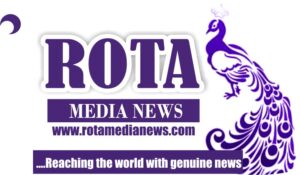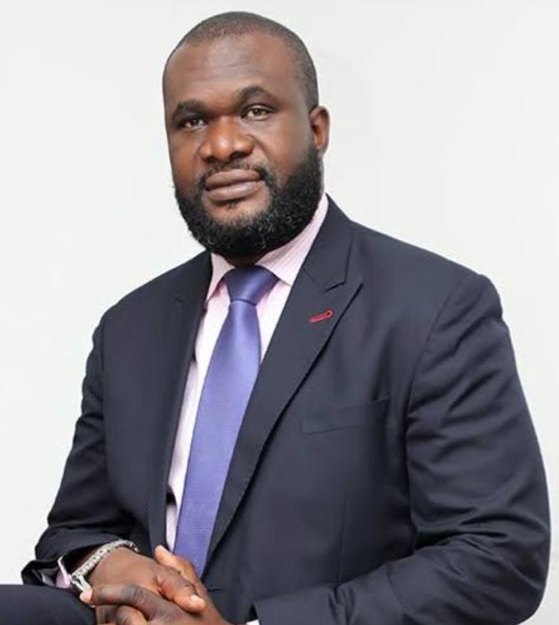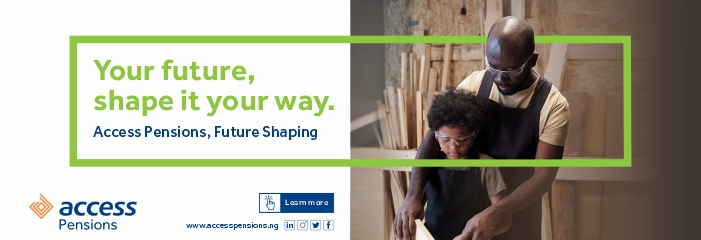The Board, Management, and Staff of Bukka Hut have continued to mourn the unfortunate passing of Mr. Olaolu Martins, who was a key stakeholder and a minority shareholder in Bukka Hut.
Mr. Olaolu Martins, who was a banker with over 21 years of experience in investment banking, corporate banking, stockbroking, asset, and pension fund management, died on Tuesday night.
Olaolu Martins reportedly slipped and hit his head as he fell at Lennox Mall, Lekki, Lagos. He was quickly rushed to the hospital for medical treatment but unfortunately gave up the ghost on the evening of Tuesday, September 27th, 2022.
The worst hit besides his immediate family member of a wife and two children is his partner and Co-Founder of Bukka Hut, Rasheed Jayeola who only recently, led his team to open their 15th outlet in the Ikorodu part of Lagos State.
Bukka Hut in its statement said: “We pray that Almighty God continues to provide us the strength and fortitude to bear this loss.
“Unfortunately, we are shockingly observing some unscrupulous elements in the society who are capitalising on this recent unfortunate incident to maliciously misrepresent verifiable facts on various social media platforms, thus, causing significant distress to families, staff, customers, and other stakeholders of Bukka Hut.


Rasheed Jaiyeola is the Founder/C.E.O of Bukka Hut, a proudly Nigerian brand he built from inception in August 2011 from one outlet to 24 outlets comprising restaurants, lounges and suya, and grill spots, and a learning facility, BH Academy, as at today. He jointly owns the majority of shares of the company with his wife and sister.
Bukka Hut is not a one-man business as there are two other shareholders/directors but they are not involved in the daily management of the business.
Rasheed and the late Olaolu Martins were co-owners of Nigerian International Securities Ltd (NISL) and naturally, Laolu was one of the three people he invited to invest in Bukka Hut when he founded it in 2011.
Rasheed resigned from NISL as a Director in 2016 to focus solely on building Bukka Hut while Olaolu remained the MD/C.E.O of NISL and its related businesses.
The family of the late Olaolu Martins has released a statement to clarify the news regarding his untimely demise and it is our hope that their wishes are respected at this very difficult time.






